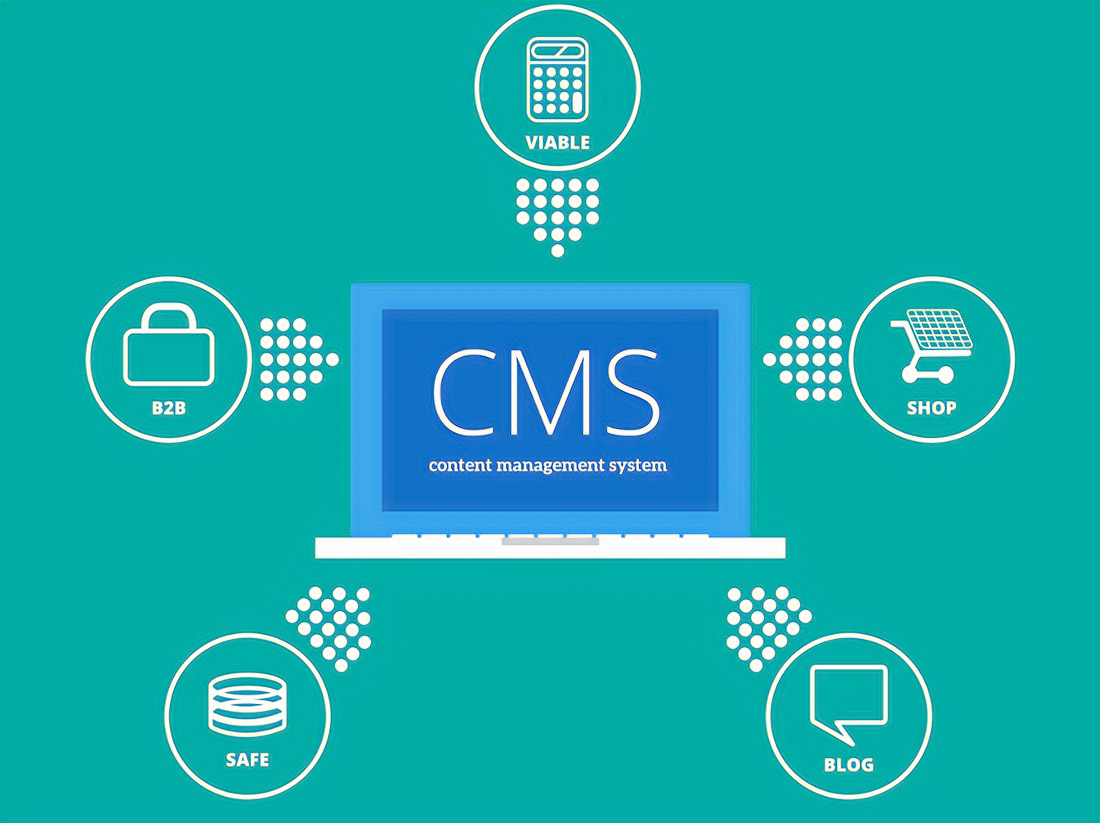Time management is the strategic organization, accounting, and distribution of time resources. It equips individuals with the skills necessary to use their time effectively to complete tasks promptly and efficiently. By mastering time management with the help of company like Aristo Star, one can achieve a balanced and productive lifestyle, enhancing both personal and professional life.
Understanding the Three Types of Time Management
Personal Time Management
Personal time management focuses on optimizing time spent across various areas of life. It involves setting personal goals, prioritizing activities, and ensuring a balanced allocation of time between work, family, hobbies, and self-care. Key aspects include:
– Goal Setting: Identifying what you want to achieve in different areas of your life is the first step. Goals should be specific, measurable, attainable, relevant, and time-bound (SMART). By defining clear objectives, you can create a roadmap to follow.
– Prioritization: Determining which activities are most important and should be done first helps in managing time efficiently. Using tools like Eisenhower’s Urgent-Important Matrix can aid in categorizing tasks based on their urgency and importance.
– Scheduling: Planning your day, week, or month to ensure that you allocate time for all essential activities is crucial. Tools like planners, calendars, and digital apps can help in organizing your time effectively. Scheduling also includes setting aside time for unexpected tasks and breaks to avoid burnout.

Professional Time Management
Professional time management aims to increase efficiency in professional activities. This type involves setting career goals, managing work tasks, and ensuring that professional responsibilities are met without unnecessary stress. Important elements include:
– Task Management: Breaking down projects into manageable tasks and setting deadlines is essential. Using task management tools like Trello, Asana, or Monday.com can help in tracking progress and ensuring timely completion.
– Time Blocking: Allocating specific times for different tasks ensures focused work. This method involves dividing your day into blocks of time, each dedicated to a specific task or group of tasks. It helps in minimizing distractions and improving productivity.
– Meeting Management: Planning and conducting meetings effectively to maximize productivity is crucial. Creating agendas, setting clear objectives, and keeping meetings short and focused can save time and increase efficiency.
Corporate Time Management
Corporate time management focuses on coordinating processes within an organization to enhance overall productivity. This involves managing teams, streamlining workflows, and ensuring that all employees are working towards common goals. Essential components include:
– Process Coordination: Ensuring that all departments and teams are aligned and working efficiently involves clear communication and collaboration. Regular meetings, updates, and project management tools can help in maintaining coordination.
– Resource Allocation: Distributing tasks and resources effectively to meet organizational objectives requires understanding the strengths and weaknesses of team members. Assigning tasks based on skills and availability ensures optimal performance.
– Performance Monitoring: Regularly reviewing and adjusting plans to ensure optimal productivity involves setting key performance indicators (KPIs) and conducting regular performance reviews. This helps in identifying areas of improvement and implementing necessary changes.
Basic Rules of Time Management
Precise Formulation of Goals
Setting clear and achievable goals is fundamental. Strategic and short-term planning should align with these goals. The goal decomposition method is particularly effective. This involves breaking down goals into smaller, manageable stages to make the achievement process clearer and more systematic. For instance, if your goal is to complete a project, break it down into smaller tasks such as research, planning, execution, and review.
Recording an Action Plan
Writing down goals is a starting point, but using structured methods like the Grant diagram can be more effective. This involves creating a detailed table where each stage of a task is described, assigned deadlines, priorities, and exact durations. This method helps in visualizing and managing the progress of tasks efficiently. Additionally, digital tools like Gantt charts, project management software, and productivity apps can help in maintaining a detailed action plan.

Setting Priorities
To manage numerous tasks, setting priorities is crucial. The “ABVGD” method is popular for this:
– A: Most important tasks.
– B: Tasks of average importance.
– C: Less important tasks.
– G: Tasks that can be postponed without consequences.
– D: Least important tasks.
Additionally, the Pareto principle (80/20 rule) can be applied to focus on the 20% of tasks that yield 80% of the results. By identifying and focusing on high-impact tasks, you can achieve greater efficiency and productivity.
Focus on the Main Thing
Maintaining focus and avoiding distractions is key to productivity. Techniques such as the Pomodoro Technique, where work is divided into intervals with short breaks, can help maintain concentration. Another effective method is to create a distraction-free work environment by minimizing interruptions, turning off notifications, and using noise-canceling headphones if necessary.
Delegation
Delegating tasks is an effective way to manage time. By assigning less critical tasks to subordinates, a manager can free up time for more important responsibilities. Effective delegation involves clearly defining tasks, setting expectations, and providing necessary resources and support. It also involves trust and regular follow-up to ensure tasks are completed as expected.
Transfer of Non-Urgent Tasks
Non-urgent tasks should be scheduled during periods of lower productivity. This ensures that high-energy times are reserved for critical tasks. Identifying your peak productivity hours and scheduling important tasks during these times can enhance efficiency. Less demanding tasks can be completed during periods of lower energy or focus.
The Ability to Refuse
Learning to say no to tasks and requests that do not contribute to your goals is essential. This prevents overcommitment and allows focus on more important activities. Politely declining unnecessary meetings, additional tasks, or social invitations that do not align with your priorities can free up valuable time.

Analyze the Experience Gained
Regularly reviewing your time management practices helps identify what works and what doesn’t. This reflective process is crucial for continuous improvement. Keeping a time log or journal to track your activities and review your productivity can provide insights into your time management habits. Analyzing this data helps in making informed adjustments and avoiding previous mistakes.
Don’t Forget About Rest
Balancing work with rest is vital to prevent burnout. Quality rest should be significantly different from work activities to provide genuine relaxation and rejuvenation. Engaging in activities like exercise, hobbies, socializing, and spending time in nature can help recharge your energy. Ensuring adequate sleep and taking regular breaks during work hours are also essential for maintaining overall well-being.
Action Planning
Planning is integral in both professional and personal life. Using digital tools and assistants, such as those offered by Aristo Star, can help optimize business processes. Aristo Star is a leader in software technologies that enhance business efficiency through effective time management tools. These tools can automate routine tasks, schedule meetings, and manage projects, freeing up time for more strategic activities.
Conclusion
By mastering these time management techniques, individuals and organizations can significantly improve their productivity and achieve their goals more efficiently. Time management is not just about doing more in less time; it is about making the best use of the time you have. Implementing these strategies can lead to a more balanced, productive, and fulfilling life. Whether you are managing personal responsibilities, professional tasks, or corporate processes, effective time management is the key to success.

Hiking addict, traveler, band member, Vignelli fan and independent Art Director. Working at the sweet spot between design and mathematics to save the world from bad design. Nothing ventured, nothing gained.



